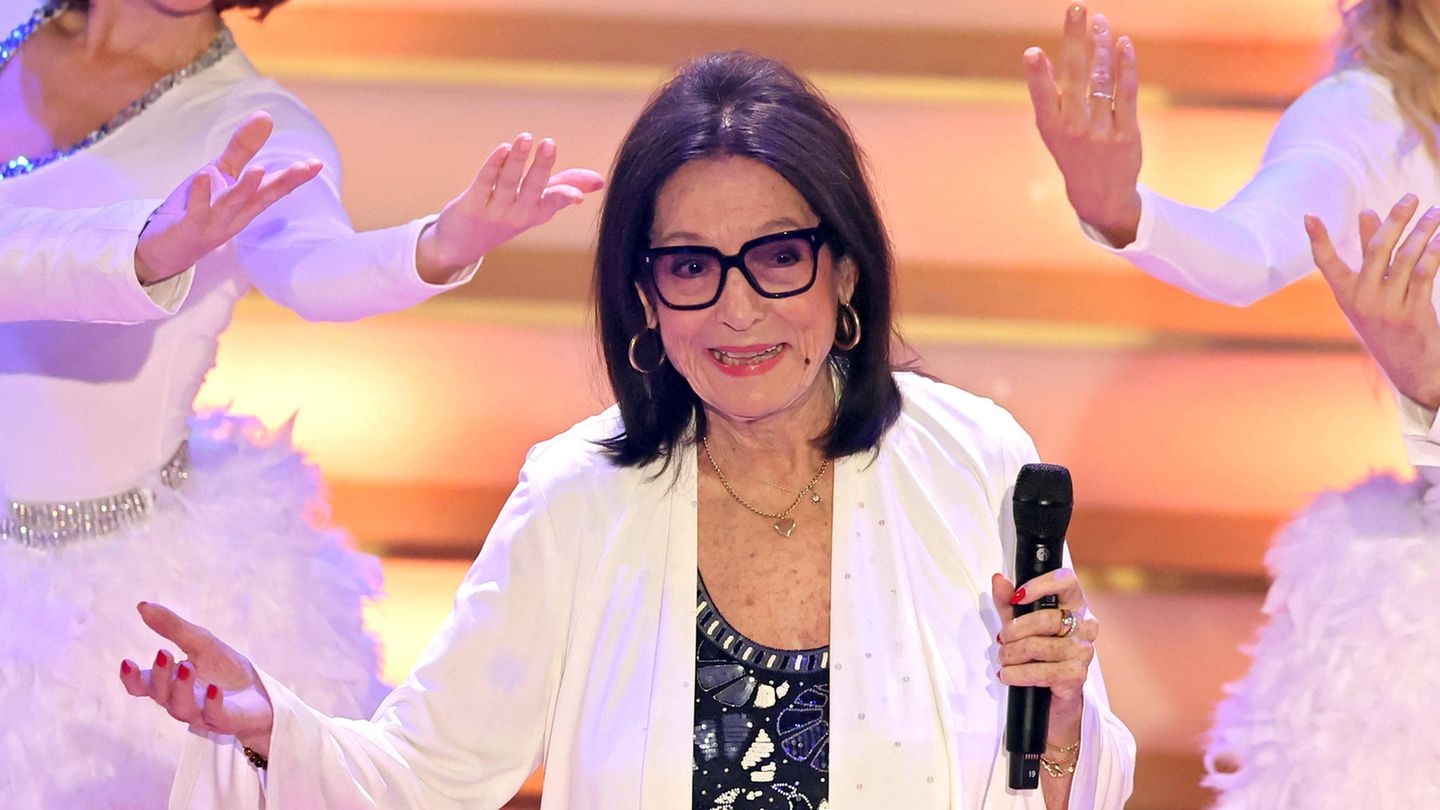I am an author and journalist who has worked in the entertainment industry for over a decade. I currently work as a news editor at a major news website, and my focus is on covering the latest trends in entertainment. I also write occasional pieces for other outlets, and have authored two books about the entertainment industry.
Menu
Nana Mouskouri looks back on her career on her 90th birthday
Categories
Most Read
Forget about boring exercises: effective and dynamic training for older adults
October 16, 2025
No Comments
The paradise of Mendoza perfect for adventure tourism: hundreds of volcanoes and a unique landscape in the world
October 15, 2025
No Comments
Just 1 hour and a half from CABA: the destination that combines nature and history
October 15, 2025
No Comments
Maxi López traveled urgently to Switzerland and would leave MasterChef Celebrity: who would be his replacement
October 15, 2025
No Comments
La Renga returns to Rosario in December: how and where to get tickets
October 15, 2025
No Comments
Latest Posts

Autobiography: Britney Spears’ ex-husband raises alarm in memoir
October 16, 2025
No Comments
Lisa HarrisI am an author and journalist who has worked in the entertainment industry for over a decade. I currently work as a news editor

Forget about boring exercises: effective and dynamic training for older adults
October 16, 2025
No Comments
October 15, 2025 – 9:30 p.m. A fun and recreational activity that also serves to work all the muscles of the body at the same

New Russian attacks on Ukrainian power plants cause massive power outages
October 15, 2025
No Comments
October 15, 2025 – 20:48 The bombings occurred between Tuesday night and early Wednesday morning. Russia again attacked electrical infrastructure in Ukraine and forced emergency
24 Hours Worlds is a comprehensive source of instant world current affairs, offering up-to-the-minute coverage of breaking news and events from around the globe. With a team of experienced journalists and experts on hand 24/7.

